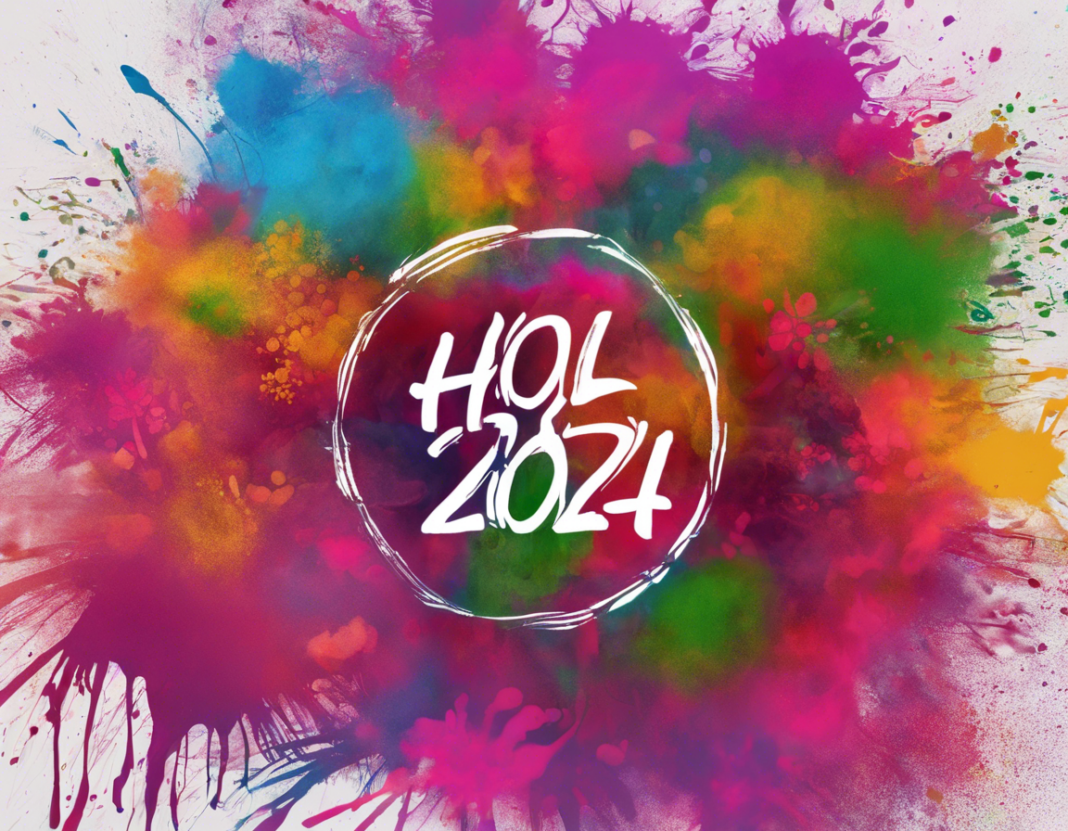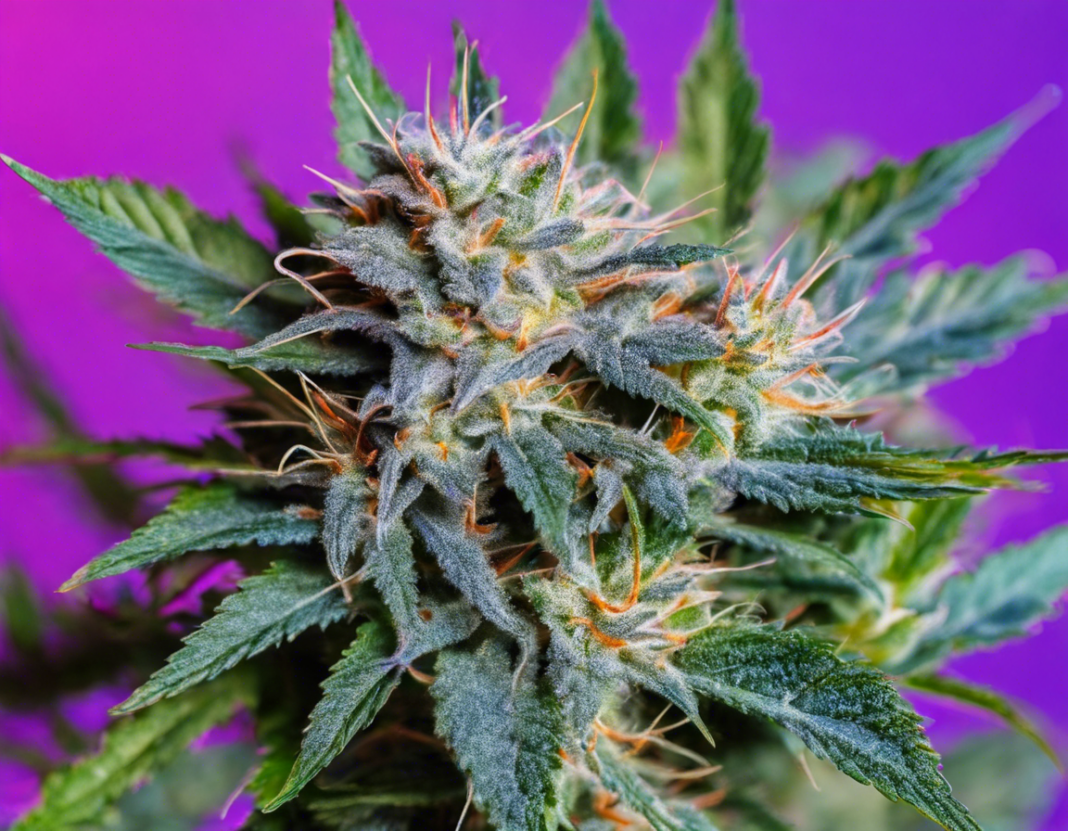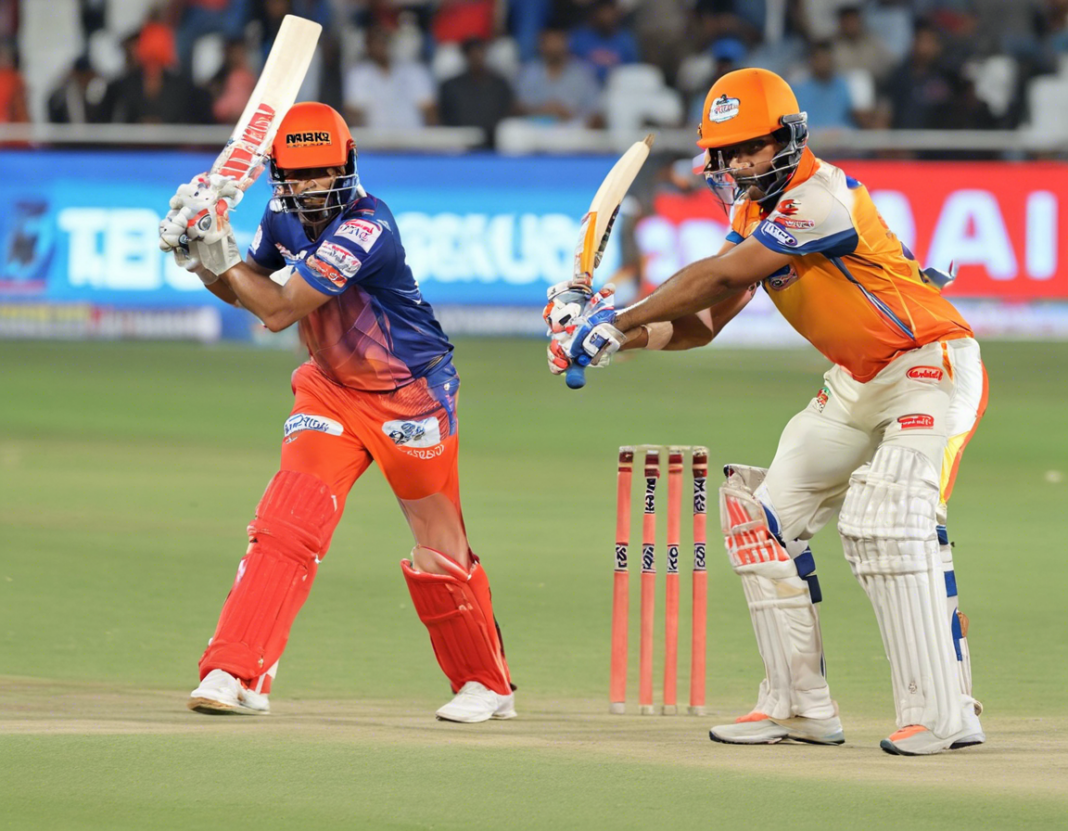Introduction
Holi is a vibrant and joyous festival celebrated by millions of people in India and around the world. Also known as the “Festival of Colors,” Holi is a time to embrace the arrival of spring, bid farewell to winter, and celebrate the triumph of good over evil. In this comprehensive guide, we will take a deep dive into the dates, traditions, and celebrations of Holi 2024.
When is Holi 2024?
Holi is celebrated on the full moon day in the Hindu month of Phalguna, which usually falls in February or March. In 2024, Holi will begin on the evening of Thursday, March 28, and continue through Friday, March 29.
History and Significance
Holi has its roots in Hindu mythology and is associated with several legends, the most popular being the story of Holika and Prahlad. According to the legend, Holika, the sister of the demon king Hiranyakashipu, tried to kill Prahlad, a devotee of Lord Vishnu, by taking him into a fire. However, Prahlad’s devotion saved him, and Holika was burnt instead. This event symbolizes the victory of good over evil.
Traditions
1. Holika Dahan: The festival kicks off with Holika Dahan, a ritual bonfire where people gather to burn effigies of Holika to symbolize the victory of good over evil.
2. Playing with Colors: The most iconic tradition of Holi is playing with colors. People smear each other with vibrant powder colors called gulal, dance to lively music, and celebrate with joy and laughter.
3. Sweets and Treats: No Indian festival is complete without delicious food. During Holi, people indulge in traditional sweets like gujiya, malpua, and thandai, a festive drink made with milk, nuts, and spices.
4. Water Balloon Fights: In some parts of India, people engage in playful water balloon fights during Holi. It’s a fun way to cool off under the spring sun and adds an extra element of joy to the celebrations.
5. Music and Dance: Holi is a time for singing and dancing. People come together to enjoy traditional folk songs, dance to the beat of dholak drums, and celebrate the spirit of togetherness.
Celebrations Around the World
While Holi is primarily celebrated in India, its popularity has spread globally, with Holi festivals taking place in various countries. Cities like New York, London, and Sydney host large-scale Holi events with color-throwing, music, and cultural performances, attracting people from diverse backgrounds.
Safety Tips
While Holi is a joyful occasion, it’s essential to observe some safety precautions to ensure a fun and safe celebration:
-
Use Natural Colors: Opt for organic colors made from natural ingredients to avoid skin allergies and irritation.
-
Protect Your Eyes: Apply a layer of coconut or mustard oil around your eyes to prevent colors from causing discomfort or infection.
-
Stay Hydrated: With all the dancing and excitement, it’s crucial to stay hydrated by drinking plenty of water throughout the day.
-
Mind Your Surroundings: Be mindful of the space around you during the festivities, especially if you’re in a crowded place or participating in water fights.
FAQs
-
What is the significance of Holika Dahan in Holi celebrations?
Holika Dahan symbolizes the victory of good over evil and commemorates the burning of Holika, the demon king’s sister, in Hindu mythology. -
How can I make organic colors for Holi at home?
You can make organic colors by using ingredients like turmeric, beetroot, spinach, and henna powder mixed with flour or cornstarch. -
What is the traditional drink consumed during Holi?
Thandai is a traditional festive drink made with milk, nuts, spices like saffron and cardamom, and sometimes infused with bhang (cannabis) in select regions. -
Are there any special rituals associated with Holi in different regions of India?
Yes, different regions have unique customs like Lathmar Holi in Mathura, where women playfully hit men with sticks, and Basant Utsav in Shantiniketan, marked by colorful processions and cultural programs. -
Can non-Hindus participate in Holi celebrations?
Absolutely! Holi is a festival that welcomes everyone, regardless of their religion or background, to come together, play with colors, and celebrate the spirit of unity and joy.
In conclusion, Holi is a festival that embodies joy, togetherness, and the vibrant spirit of spring. Whether you’re celebrating in India or joining a Holi event in your city, immerse yourself in the festive atmosphere, play with colors, savor delicious treats, and cherish the memories created during this auspicious occasion.


